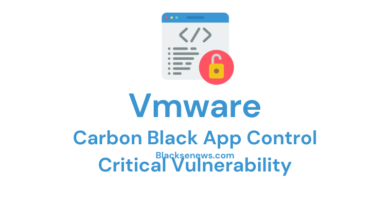Essential Tips to Protect Your Small Business Network
As a small business owner, you know that your network is the backbone of your operations. If it’s not properly secured, you are putting your company at risk of cyber-attack or data breach. That’s why it’s important to take the time to learn about cybersecurity and how to keep your business safe. This blog will provide essential tips on how small businesses can protect their networks from cyber threats.
1. Install Strong Antivirus Software
The first line of defense against cyber threats is having strong antivirus software installed on all computers in your network. Antivirus software monitors for malicious activity and blocks any potential threats before they can cause damage. Make sure you update the software regularly so that it stays up-to-date with the latest security patches and definitions. Additionally, ensure that all employees are aware of the importance of using secure passwords and never sharing them with anyone outside of the organization.
2. Update Operating Systems & Software
Another important step to protecting your network is keeping operating systems and other software up-to-date with the latest security patches and bug fixes. Most operating systems will notify users when updates are available, however if this is not enabled, be sure to manually check for updates periodically. This helps ensure that all computers within the network are running the most secure versions possible and reduces the risk of a successful attack due to outdated vulnerabilities in older versions of software or operating systems.
3. Educate Your Employees
Your employees play an integral role in helping keep your network secure, so make sure they understand what constitutes proper cybersecurity protocol within your organization. Be sure to explain why certain measures must be taken such as password length requirements or disabling USB ports on certain machines, as well as emphasizing company policies regarding sharing sensitive information online or via email attachments. Regularly holding security awareness sessions or seminars can help ensure everyone is aware of what steps need to be taken in order for them to do their part in keeping your network safe from cyber-attacks and data breaches.
4.Implement Access Controls & Monitor Network Activity
Access controls allow you to restrict access for certain users or groups, which limits who can access sensitive information stored within your network. You should also monitor user activity on a regular basis so that any suspicious behavior can be identified quickly. This could include things like excessive downloads from external sources, unauthorized access attempts, etc . By monitoring user activity, you can detect any potential threats before they become serious problems. Additionally, implementing two-factor authentication further enhances security by adding an extra layer of protection when accessing sensitive information stored on your network.
Conclusion
Securing a small business network requires dedication and vigilance but is well worth the effort in order to protect valuable assets stored within it. By following these essential tips, small businesses can reduce their risk of falling victim to cyber-attacks or data breaches. Of course, there are many more steps you can take such as encrypting files, using firewalls, setting up backup processes, etc . If you have any questions about how best to secure your small business network, don’t hesitate to reach out for professional assistance!



